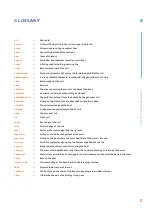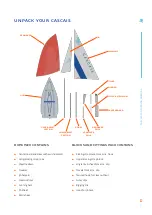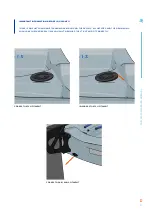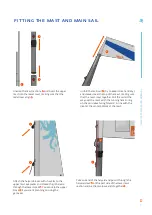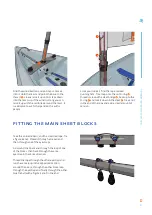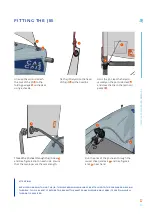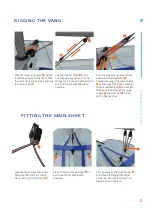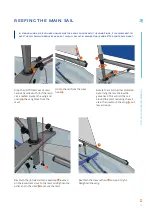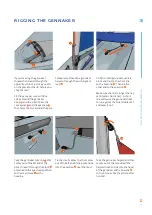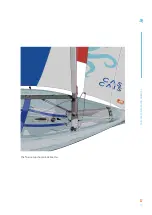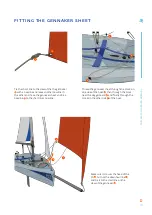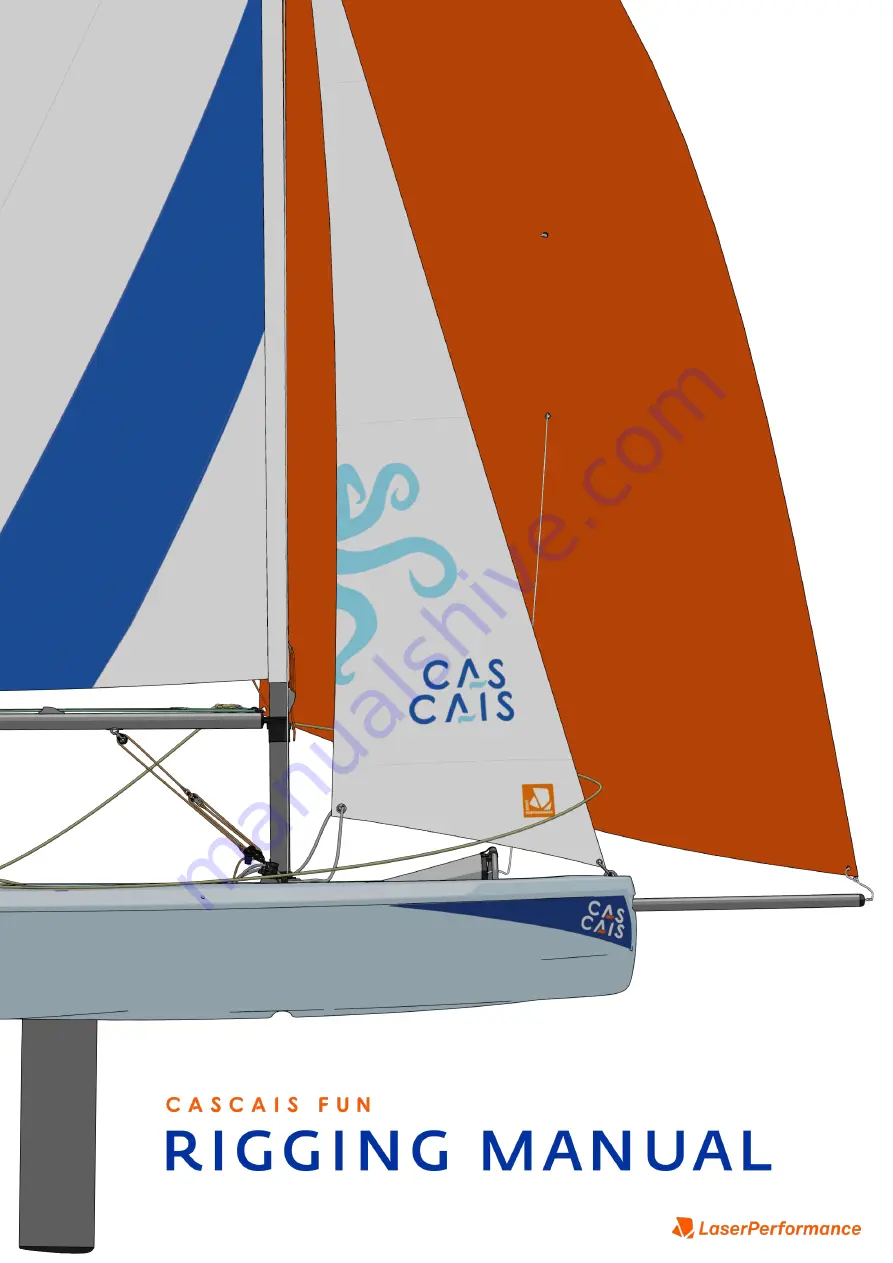Reviews:
No comments
Related manuals for Cascais Fun

2009 AQUATRAX F-15
Brand: Honda Pages: 296

YACHTLINE 440
Brand: Zodiac Pages: 148

PATHFINDER JL00262-1N
Brand: Jilong Pages: 94

mirage Pro Angler
Brand: Hobie Pages: 28

Mirage Drive
Brand: Hobie Pages: 36

Cross 46 Side Console
Brand: YAMARIN Pages: 51

Escape
Brand: Johnson Outdoors Pages: 28

Mariah
Brand: San Juan Yachting Pages: 35

Grand Soleil 50
Brand: Cantiere Del Pardo Pages: 124

AQUARIUS SELENE 40
Brand: AQUARIUS Pages: 32

BATBOAT
Brand: Tyco R/C Pages: 4

Ladoga 1 advanced
Brand: Triton Pages: 22

Boat
Brand: BENETEAU Pages: 178

S550CF
Brand: Silverline Pages: 18

Topper
Brand: PROCTOR DESIGNS Pages: 24

10033551
Brand: Klarfit Pages: 56

2150 Ciera Sunbridge
Brand: Bayliner Pages: 6

2855 Sunbridge
Brand: Bayliner Pages: 40



